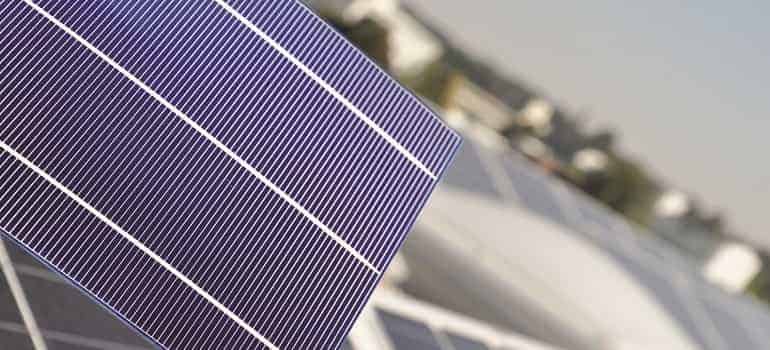 India has initiated a probe into the alleged dumping of EVA sheets used in solar cell industry, imported from China, Malaysia, Saudi Arabia, South Korea and Thailand.
India has initiated a probe into the alleged dumping of EVA sheets used in solar cell industry, imported from China, Malaysia, Saudi Arabia, South Korea and Thailand.
The investigation on imports of ‘Ethylene Vinyl Acetate (EVA) sheets for solar modules’ is carried out by the Directorate General of Antidumping and Allied Duties (DGAD), which is an arm of the commerce ministry.
In the probe, the directorate would determine the existence, degree and effect of the dumped products on the domestic industry.
If established that dumping had caused material injury to domestic players, the DGAD would recommend imposition of anti-dumping duty on the imports of the sheet from these nations.
In a notification, the DGAD said that it has found sufficient evidence of dumping of the products from these five countries.
“The authority hereby initiates an investigation into the alleged dumping, and consequent injury to the domestic industry… to determine the existence, degree and effect of alleged dumping and to recommend the amount of antidumping duty, which if levied, would be adequate to remove the injury to the domestic industry,” it said.
RenewSys India has filed an application for imposition of anti-dumping duty on the imports of these sheets from these countries.
The period of probe is October 2016 – September 2017. However, for the purpose of injury investigation, the period will also cover the data of 2014-16.
The product under consideration for the purpose of present investigation is used in the manufacturing of solar PV (photo voltaic) modules. This is one of the most essential component which keeps glass, cell and backsheet integrated and support the module mechanically during its service life time.
According to experts, dumping of these products is happening because of the huge domestic solar market.
On January 11, 2010, India had launched its national solar policy, named Jawaharlal Nehru National Solar Mission. The country has an ambitious target of generating 20,000 megawatt (MW) of solar power by 2022. Many foreign companies are interested in supplying solar equipment to tap the growing sector in India.
Anti-dumping duties are levied to provide a level playing field to local industry by guarding against cheap below-cost imports.
Imposition of anti-dumping duty is permissible under the World Trade Organisation (WTO) regime. Both India and China are members of the Geneva-based body.
The duty is aimed at ensuring fair trading practices and creating a level-playing field for domestic producers vis-a-vis foreign producers and exporters.
Source: PTI
ALSO READ:
Azure Power Commissions 40 MW Solar Power Project in Uttar Pradesh
Enphase Energy launches Enphase IQ microinverters in India
Chinese scientists develops 3D conic device to increase solar-thermal conversion


